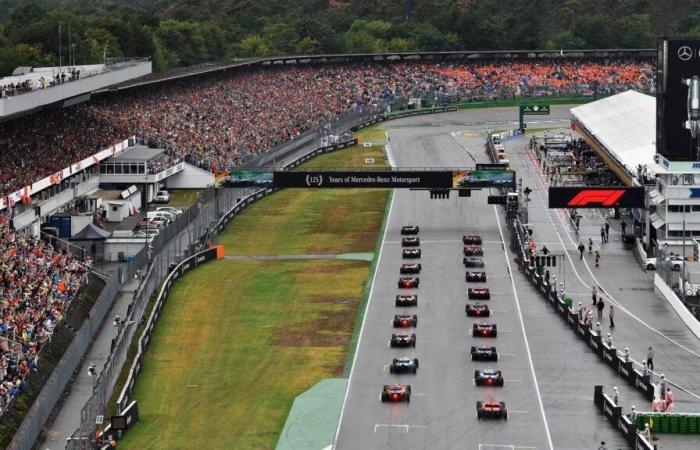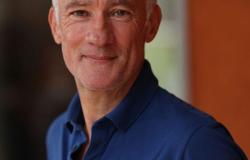Fans awaiting the return of the German Grand Prix to the Formula 1 calendar will have to continue to wait, as the Nürburgring and Hockenheim face financial challenges. Once a vital part of the F1 season, Germany's iconic tracks now find themselves sidelined as the sport's exorbitant costs create a high barrier for a return.
Nürburgring: The financial mountain too steep to climb
The Nürburgring last hosted Formula 1 during the Covid-hit 2020 season, for the Eifel Grand Prix, reviving hopes of a permanent return. However, Alexander Gerhard, a spokesperson for the site, recently dampened these hopes. Speaking to Sky Germany, he revealed the harsh reality: Formula 1 is simply out of reach for the privateer circuit.
“For reasons [financières]the plan is not feasible for us as a private company in this form,” admitted Gerhard. “Since the last discussion, over a year ago, no further discussions have taken place with the series organizer.”
Despite its deep ties to F1 history, from hosting the first German Grand Prix in 1951 to being immortalized by legendary drivers like Michael Schumacher and Sebastian Vettel, the Nürburgring faces insurmountable financial demands . While Formula 1 favors venues with solid infrastructure, entertainment facilities and massive venue capacity, traditional circuits like the Nürburgring find themselves left behind.
Hockenheim: Cautious optimism, but no guarantees
Meanwhile, Hockenheim—the last German circuit to host an F1 race in 2019—isn't faring much better. The venue, famous for its stadium complex, has experienced financial turmoil in recent years. However, under the ownership of the Emodrom Group, Hockenheim is making progress towards its reinvention.
Tim Brauer, chief executive of Emodrom, expressed cautious optimism about F1's return, but stressed the need for financial prudence.
“We have been working in the background for more than four years to further develop the Hockenheimring as a leading racing circuit and we are now keen to realize future-oriented projects,” Brauer told Welt. “Of course we also think about Formula 1, but we approach such considerations with great caution. We’re not going to do anything crazy financially, but we’re trying to find ways to bring Formula 1 back to Germany.”
-A fierce race for places on the F1 calendar
Even if the financial hurdles were removed, Germany's chances of reclaiming a place on the 24-race F1 calendar are slim. New markets like Rwanda and South Africa are vying for inclusion, while long-standing races like Belgium are scaling back their appearances. The competition for places in F1 has never been fiercer.
Audi and Hülkenberg add weight to the German cause
Germany's rich heritage in F1, bolstered by drivers like Nico Hülkenberg and Audi's upcoming debut with Sauber in 2026, adds intrigue to the prospect of a return of the German Grand Prix. Hülkenberg, who will lead Audi's entry, shared his hope for a comeback.
“I think it's possible, but obviously there are a lot of commercial factors that need to be taken into account,” Hülkenberg said. “In F1, you should never say never. Things change very quickly here. I wouldn’t be surprised if we had a German Grand Prix in a few years.”
When asked what his favorite venue would be, Hülkenberg leaned towards the Nürburgring. “I also like Hockenheim, but I think personally I would choose the Nürburgring. It’s a little more old-school and very historical.”
What's next for German F1 fans?
Although a return of the German Grand Prix remains a tantalizing possibility, the road ahead is fraught with challenges. Financial demands, fierce competition from emerging markets and Formula 1's evolving priorities mean Germany's legendary circuits must bide their time.
For now, fans can only dream of the day when the roar of F1 engines returns to the iconic corners of the Nürburgring or the historic straights of Hockenheim.






